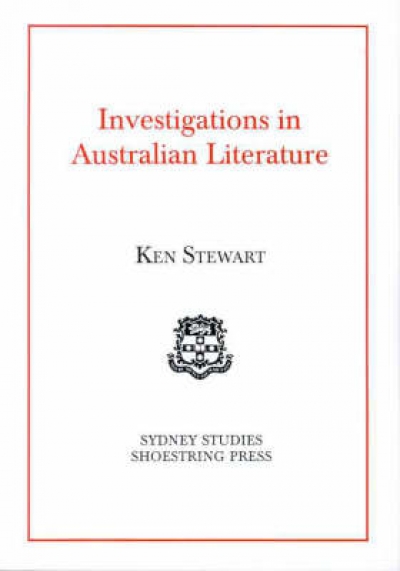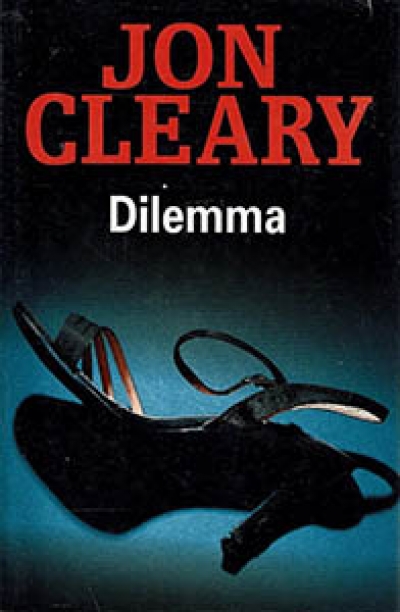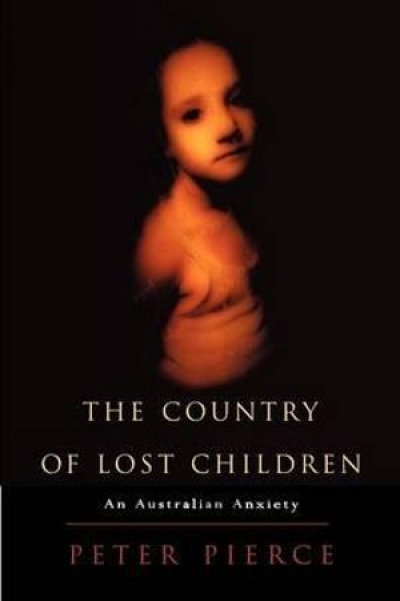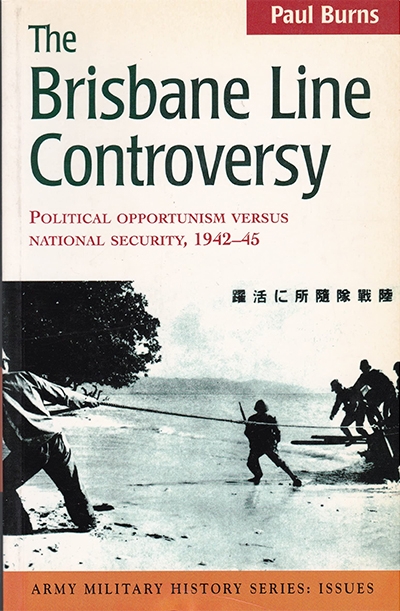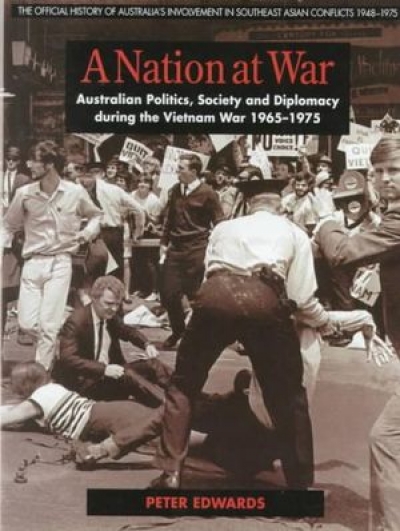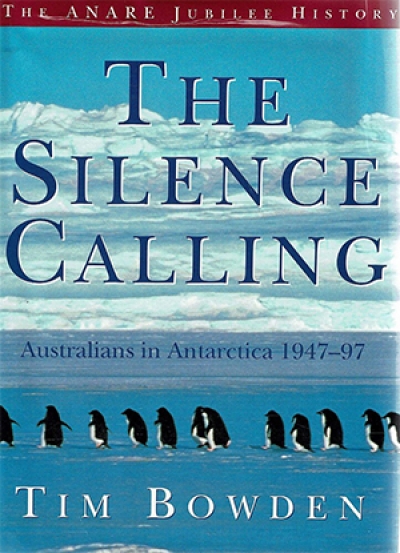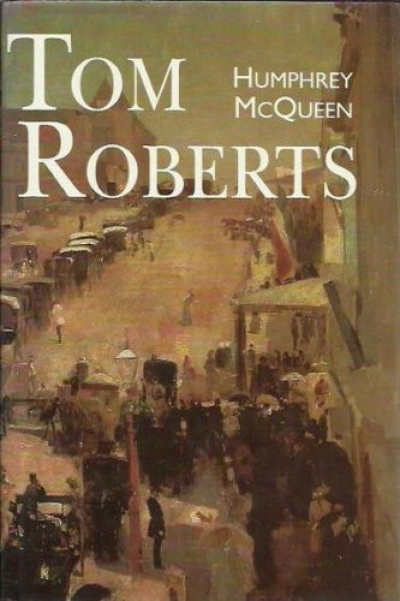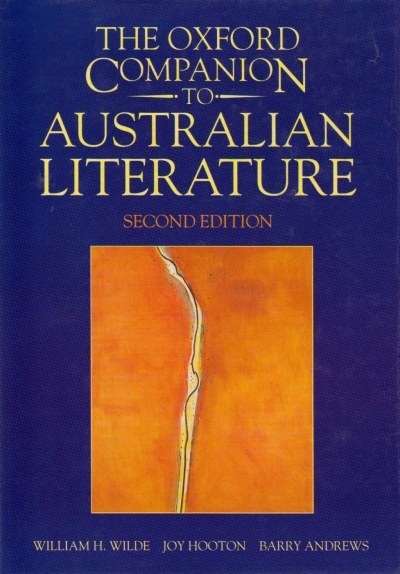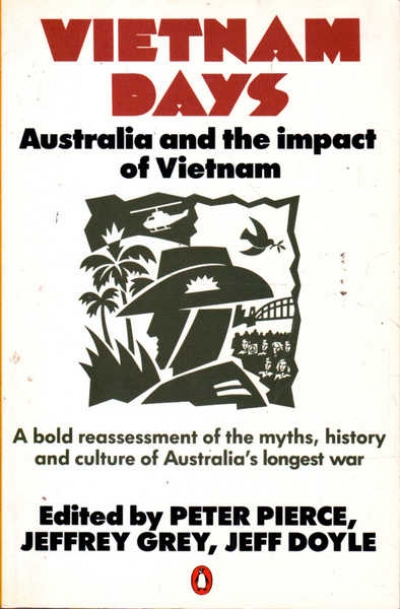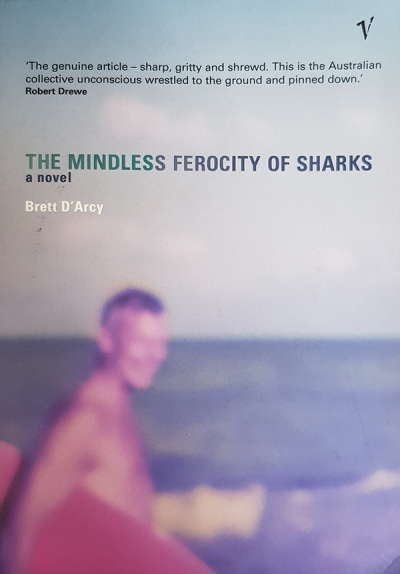Peter Pierce
The Country of Lost Children: An Australian anxiety by Peter Pierce
by Laurie Clancy •
A Nation at War: Australian politics, society and diplomacy during the Vietnam War, 1965–1975 by Peter Edwards
by Peter Pierce •
The Silence Calling: Australians in Antarctica 1947–97 by Tim Bowden
by Peter Pierce •
The Oxford Companion to Australian Literature (Second Edition) edited by William H. Wilde, Joy Hooton, and Barry Andrews
by Peter Pierce •
Vietnam Days: Australia and the impact of Vietnam by Peter Pierce, Jeffrey Grey, and Jeff Doyle
by Richard Broinowski •

